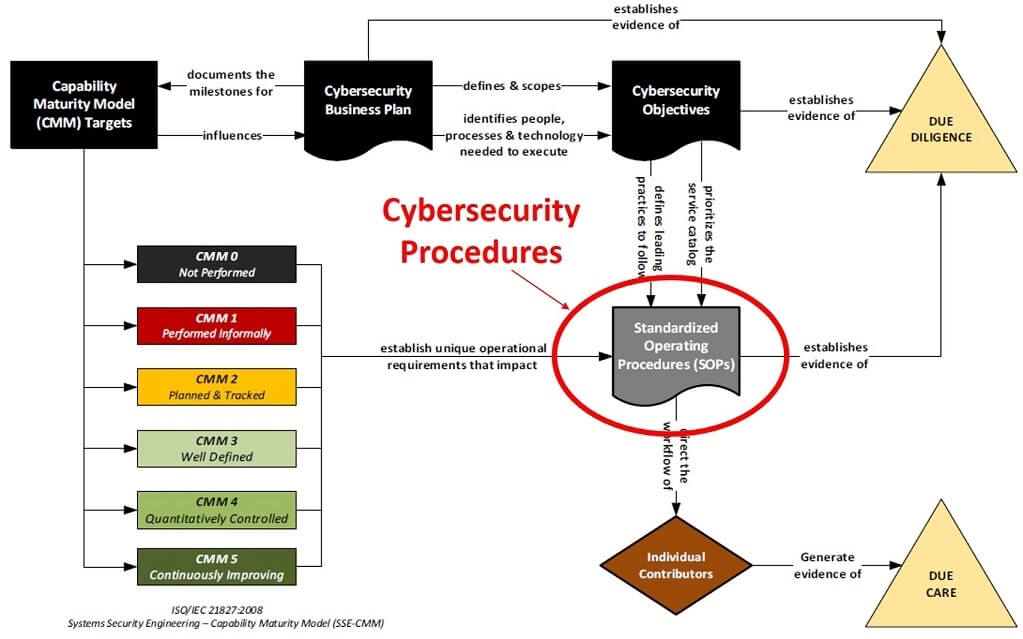
The Ultimate Guide to Cybersecurity Planning for Businesses
Cybersecurity is a critical aspect of modern business operations. With the increasing number of cyberattacks and data breaches, it’s essential for organizations to have a solid cybersecurity plan in place. In this article, we’ll explore the importance of cybersecurity, its benefits, and the challenges that cybersecurity teams face. We’ll also delve into the world of cybersecurity tools, cyberattacks, and best practices for developing a robust cybersecurity plan.
 Developing a solid cybersecurity plan is crucial for businesses
Developing a solid cybersecurity plan is crucial for businesses
Why Cybersecurity Matters
Cybersecurity is no longer a luxury, but a necessity for businesses. With the rise of digital transformation, organizations are more vulnerable to cyber threats than ever before. Cyberattacks can result in significant financial losses, damage to reputation, and legal liabilities. Therefore, it’s essential for businesses to prioritize cybersecurity and invest in robust measures to protect their digital assets.
The Benefits of Cybersecurity
Implementing a solid cybersecurity plan can bring numerous benefits to an organization. It can help prevent financial losses, protect sensitive data, and maintain customer trust. Moreover, a robust cybersecurity plan can also improve incident response, reduce downtime, and enhance overall business efficiency.
The Challenges of Cybersecurity
Cybersecurity teams face numerous challenges in today’s digital landscape. One of the significant challenges is the lack of skilled professionals who can interpret the activity of malicious actors on their networks and write code to perform their work more efficiently. Another challenge is the sheer volume of cyberattacks, which can be overwhelming for even the most experienced cybersecurity teams.
Essential Programming Languages for Cybersecurity Pros
Coding is an essential skill for cybersecurity professionals. It enables them to correctly interpret the activity of malicious actors on their networks and write code to perform their work more efficiently. There are several programming languages that are essential for cybersecurity pros, including Python, Shell scripting, HTML, JavaScript, and SQL.
Python
Python is a general-purpose language that’s widely used in cybersecurity. It’s easy to learn and can be used to automate many routine tasks. Cybersecurity professionals can use Python to write scripts that work with popular cybersecurity tools, such as Nmap.
Python code is widely used in cybersecurity
Shell Scripting
Shell scripting is another essential skill for cybersecurity pros. It enables them to write automated scripts that can perform routine tasks, such as provisioning accounts and authorizing access. Cybersecurity professionals can use shell scripting to write scripts that work with Linux or Mac OS.
HTML
HTML is not strictly a programming language, but it’s an essential skill for cybersecurity pros. It’s used to create web pages and is a critical component of web-based attacks. Cybersecurity professionals need to understand HTML to analyze attacks and write code that can detect and prevent them.
JavaScript
JavaScript is a popular language used in web development. It’s also used in many web-based attacks, such as cross-site scripting. Cybersecurity professionals need to understand JavaScript to analyze attacks and write code that can detect and prevent them.
SQL
SQL is a language used in relational databases. It’s essential for cybersecurity pros to understand SQL to analyze attacks and write code that can detect and prevent them. Cybersecurity professionals can use SQL to write queries that retrieve, insert, update, and delete information stored in database tables.
Conclusion
In conclusion, cybersecurity planning is critical for businesses. It’s essential for organizations to prioritize cybersecurity and invest in robust measures to protect their digital assets. Cybersecurity professionals need to have a solid understanding of programming languages, such as Python, Shell scripting, HTML, JavaScript, and SQL, to correctly interpret the activity of malicious actors on their networks and write code to perform their work more efficiently.
 Developing a solid cybersecurity plan is crucial for businesses
Developing a solid cybersecurity plan is crucial for businesses














